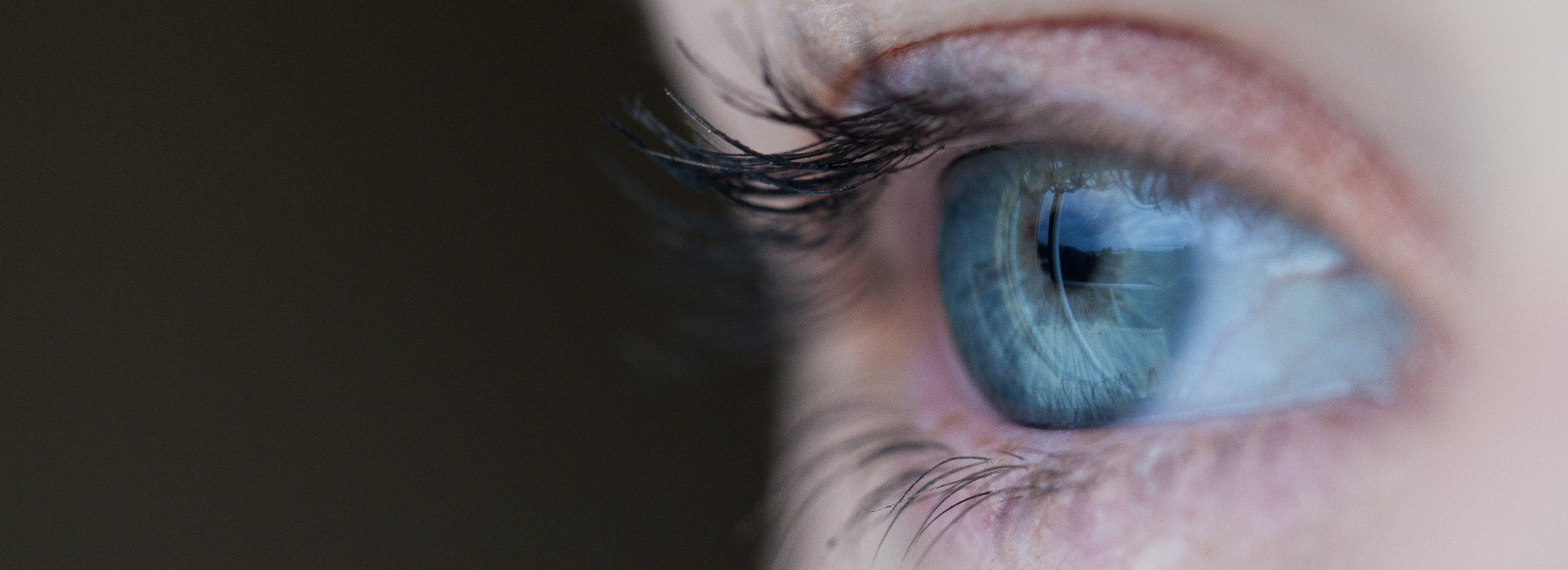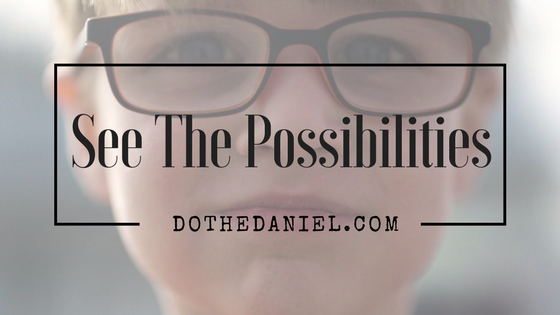As a certified health professional, I was required to study a variety of different diseases and disorders, including their full aetiology – meaning causes, onset and progression. But, what I learned was only a drop in the ocean compared to what there is to learn in medicine. You see, the human body is quite complex. Don’t worry, I won’t get too sciency here. I mean, I could if you want me to cause I love that stuff. But really though, there are so many different systems at play keeping you alive and functioning – how is it even possible to be an expert in all of them? So, that’s where Specialists come into the picture.
Since May was National Health Vision Month, I thought it would be important to talk about one type of specialist in particular. One that’s had quite an impact on my family, and millions of others. Sometimes people think that because I’m a holistic nutritionist that I only gravitate towards natural means of healing, or that I boycott the medical industry in general. As much as I try to use herbal medicine, food and supplements to address specific deficiencies or conditions – this only goes so far and I’m fully aware and comfortable with this fact. We’ve been able to live longer as a species, completely cure diseases and eradicate deadly conditions altogether using all forms of medicine. This is why there is a wide variety of medical practices in this industry that provide a range of specialisms to cater to whatever someone might need to be treated for. If you need an optometrist to help take care of your eyes there is support out there for that. And there is optometric management support for those practices to ensure that they are able to provide excellent care for their patients profitably. I wholeheartedly believe that there is room for a convergence of many different means of healing therapies – both alternative and mainstream, as needed.

When my mother was diagnosed with glaucoma, she was immediately referred to an eye specialist called an Ophthalmologist (say that word three times fast), or eye medical doctor and surgeon. Now, when someone you love gets diagnosed with anything, your first reaction is usually fear and confusion – what does this all mean? And then sometimes, when they get referred to a Specialist with a fancy name, the fear sets in deeper. But, what we don’t realize in the beginning is how amazing it is that there is someone special out there who is meant for them, specifically. Someone who has gone to medical school, spent upwards of 13-15 years studying the eye and knows eye conditions and diseases inside and out, who can help them to the best of their ability. And that, my friends, fills me with so much comfort. Enough to override any fears that may arise.
Now, you may never come across any Ophthalmologists in your lifetime, or maybe you will, but chances are at least someone around you will need one someday. So, what they heck do they do anyways? Well, I mentioned that my mother was diagnosed with glaucoma. This condition involves damage to the optic nerve, most often caused by high pressure inside the eye due to a build up of excess fluid. This can ultimately lead to loss of peripheral vision. More than 250,000 Canadians have chronic open-angle glaucoma, the most common form of the disease.

Ophthalmologists specialize in eye and vision care and are the only eye care professionals who are medical doctors. Compared to optometrists and opticians, ophthalmologists must complete a four-year honours undergraduate university degree, four years of medical school followed by five years of residency training in ophthalmology. All to learn how to treat medical and surgical eye diseases. Now, that’s what I’m talking about when it comes to being a specialist in one specific area of the body.
Ophthalmologists diagnose and treat all eye diseases, perform surgeries (like this Laser-Assisted Cataract Surgery) and prescribe and fit eyeglasses and contact lenses in order to correct vision problems. They can also diagnose and treat conditions like glaucoma, perform cataract and retina surgery and mitigate damage from macular degeneration. They are also the main point of contact in hospitals for eye emergencies or injuries. As well, they have extensive involvement in continued research in the field of eye health, including diseases, their causes and cures.

The amount of work they do to help people like my mother, is immeasurable. So, that’s why the Canadian Ophthalmological Society (COS), has launched the See The Possibilities campaign in order to show Canadians the transformative effects ophthalmologists have on the lives of their patients and loved ones. Incredible stories are being shared on SeeThePossibilities.ca to highlight the important work ophthalmologists do in correcting, restoring and preserving vision.
See The Possibilities is also encouraging Canadians to share their own personal eye health experiences. This is all in order to help drive further awareness to the important role ophthalmologists play in eye health care – as many of us have no clue what they actually do! I can tell you that I had no idea before they directly impacted my life.
Don’t forget to sign up for the DoTheDaniel.com Newsletter
In health,
Catherine Sugrue, CNP
Holistic Nutritionist
Photos by Canadian Ophthalmological Society (COS)
*Please note that this is a sponsored post – our disclosure can be found at all times by clicking here.
